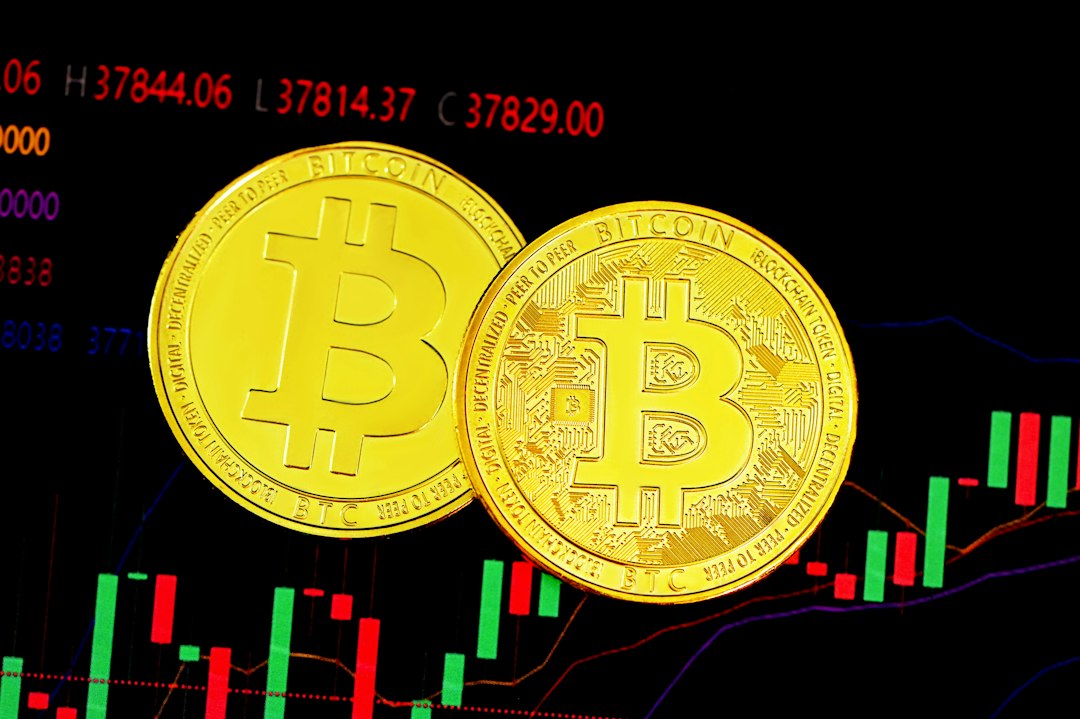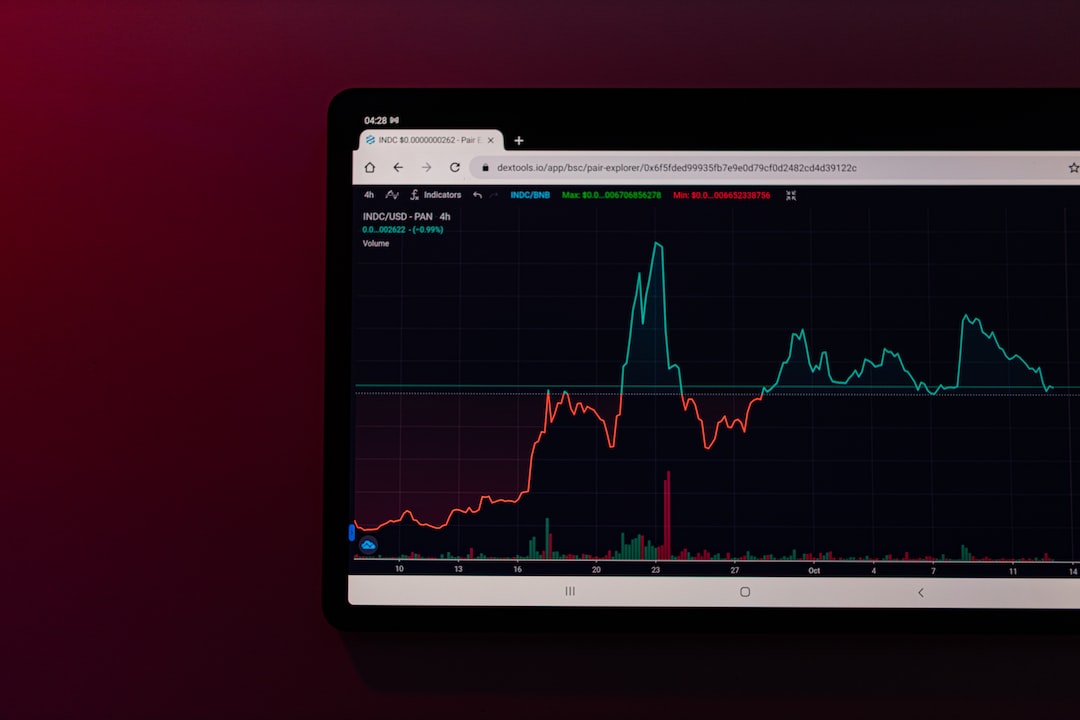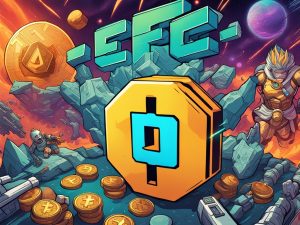THORSwap Resumes Operations After Detecting Illicit Funds
Decentralized exchange (DEX) THORSwap has reopened its platform after briefly going into maintenance mode due to the detection of illicit funds. On October 12, THORSwap announced on X (formerly Twitter) that it was back online and encouraged users to resume swapping assets across multiple blockchains. The DEX had initially halted swaps on October 6 to counter the potential movement of illicit funds and find a permanent solution.
New Terms of Service Draw Criticism
THORSwap has updated its terms of service, which require users to comply with applicable laws such as Anti-Money Laundering regulations and not engage in any unlawful financial activity. The updated terms also state that THORSwap reserves the right to terminate access for violations. Many in the crypto community expressed concern about the platform’s decentralized status given these new rules, questioning why users should choose THORSwap over a centralized exchange.
THORSwap Partners with Industry Leader
In addition to the updated terms of service, THORSwap has partnered with an industry leader to implement additional protections against illicit funds. The protocol may make further adjustments in the coming days. This announcement coincided with blockchain analytics firm Elliptic reporting that the hacker responsible for the FTX exchange attack had started moving stolen funds using THORSwap to convert Ether into Bitcoin and sending them through sanctioned cryptocurrency mixers.
Hot Take: THORSwap Faces Criticism Over Decentralization Claims
THORSwap’s recent actions and updated terms of service have raised questions about its decentralized status within the crypto community. Users have criticized the platform for adopting rules similar to those found on centralized exchanges, undermining its claims of decentralization. While THORChain, the network on which THORSwap is built, remains decentralized, THORSwap itself is considered a centralized company. The controversy surrounding THORSwap’s new terms of service highlights the ongoing debate over the true meaning and implementation of decentralization in the crypto space.





 By
By
 By
By
 By
By

 By
By
 By
By